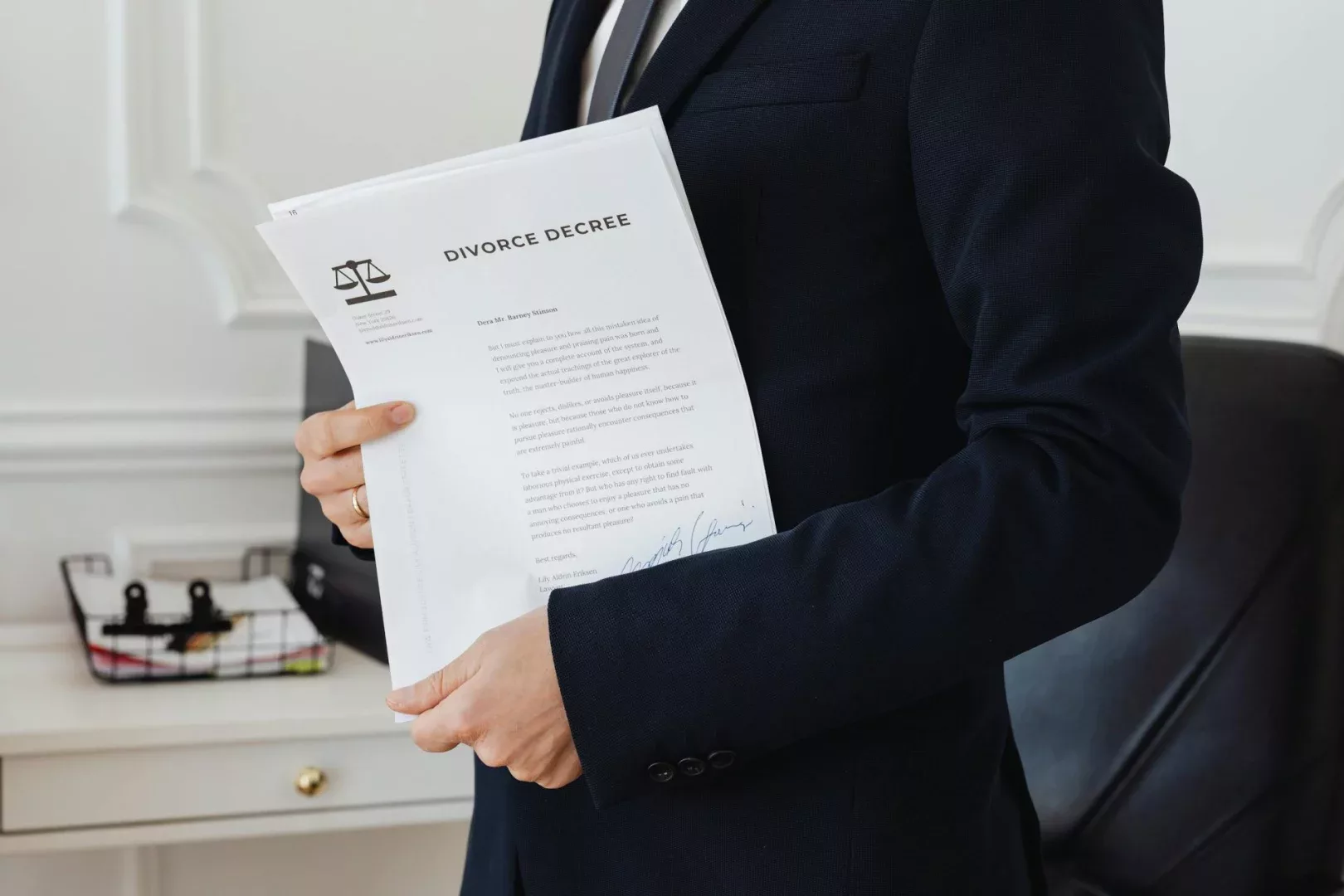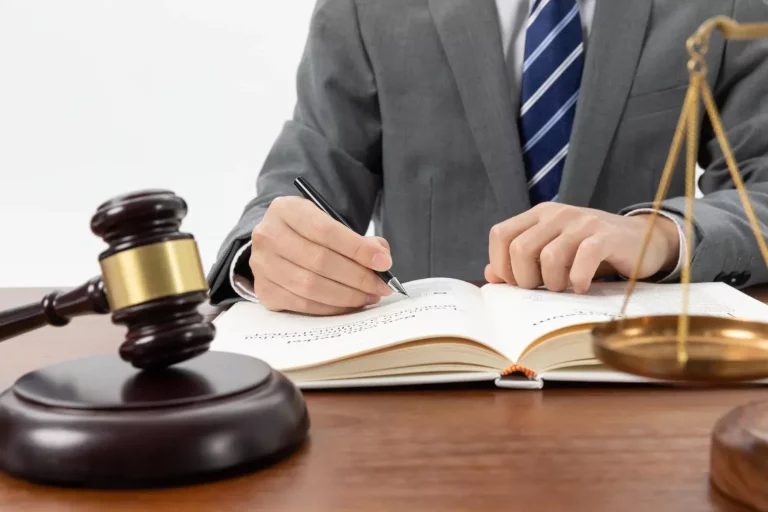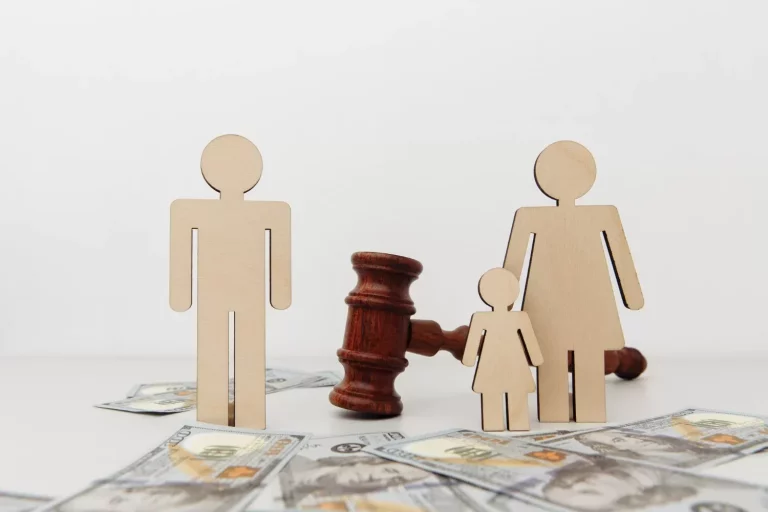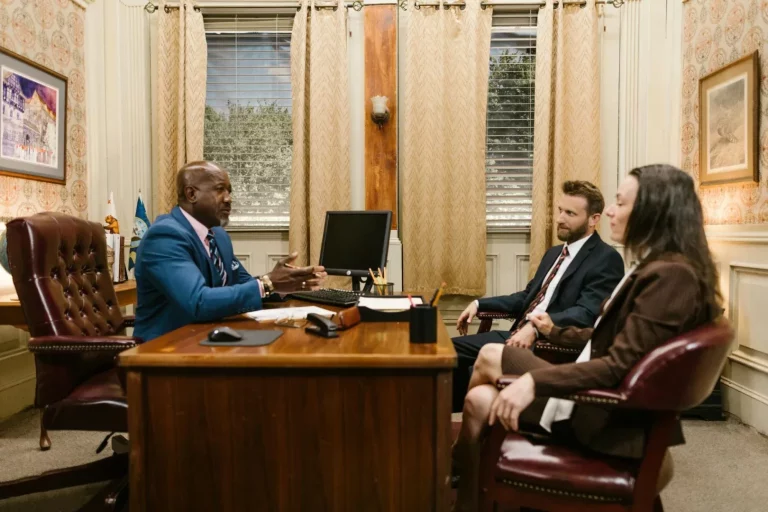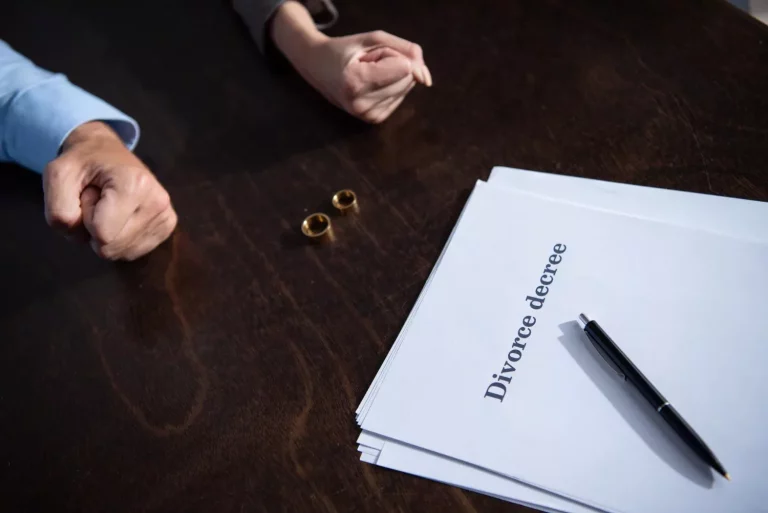Obtaining a Copy of Divorce Decree in Massachusetts
Ever wondered how to get a copy of your divorce decree in Massachusetts? Our experienced divorce lawyers at TheBostonDivorceLawyer can guide you through the process step by step. Find out everything you need to know in our informative article on obtaining a copy of your divorce decree.
From the point of view of obtaining a copy of a divorce decree in Massachusetts, one can contact the court where the divorce was finalized and request a copy. The process for obtaining a divorce decree varies by county, so it is recommended to check with the specific court for detailed instructions.
Introduction
When I needed to get a copy of my divorce decree in Massachusetts, the first thing I had to do was figure out which courthouse handled my divorce.
My point is, to get a copy of your divorce decree, contact the Probate and Family Court in the county where your divorce was finalized.
Once you know the right court, ask for a copy of your divorce decree. You can do this in person or by mail. If you go in person, bring a valid ID like a driver’s license or passport.
If you request by mail, include a letter with your full name, your ex-spouse’s full name, the date of your divorce, and your contact details. Let me explain, you might also have to pay a fee for the copy.
Keep in mind there could be a waiting period before you get the copy, so plan ahead if you need it for any legal or personal matters.
Required Documents
When I needed a copy of my divorce decree in Massachusetts, I discovered that I had to gather certain documents.
On a serious note, to get your divorce decree, you need documents that prove who you are and that you have the right to request it. Usually, you need a valid ID like a driver’s license or a state ID. This helps to confirm that you are the person named on the decree.
Besides your ID, you might need other documents like a marriage certificate to show your connection to the divorce. Let me explain, these documents prove that you have a legal reason to request the decree.
Sometimes, you may also need to show proof of where you live, like a utility bill or a lease. This makes sure the decree is sent to the right address.
Having all the necessary documents ready when you ask for your divorce decree in Massachusetts will make the process smoother and faster.
Request Method
As previously highlighted when I tried to obtain a copy of a divorce decree in Massachusetts, I quickly realized how important it is to understand the different request methods available.
My point is, you can get a copy of a divorce decree in several ways:
- In Person: Go to the courthouse that handled the case, fill out the forms, and submit them.
- By Mail: Send a written request with any required fees to the courthouse.
- It seems that, Online: Use the official Massachusetts court website, where you may need to create an account and provide case details.
- Through Third-party Services: Some websites offer help with getting a copy.
Each method has its own rules, costs, and timeframes. Make sure to check the details for the method you choose.
Processing Time
Repeating what we found out before, when I talk about Processing Time, I’m referring to how long it takes to get a copy of a divorce decree in Massachusetts once I’ve made the request.
If you think about it, the process usually starts by asking the right government office, like the Massachusetts Department of Public Health, for the document.
After they get the request, the agency needs to review and process it. This might mean checking the identity of the person asking for the document, finding the divorce decree in their files, and making sure all needed information is included in the copy they’ll provide.
How long it takes to process can depend on several things, like how busy the agency is, how complicated the request is, and if any extra steps are needed to complete it. Honestly, sometimes, you can pay extra to get it done faster.
You should be patient while waiting and follow up with the agency if you need to know the status of your request. Once everything is done, they will send the copy of the divorce decree to the person who asked for it, either by mail or in person.
Knowing how long it might take to get a copy of a divorce decree in Massachusetts is key to making sure you get the documents you need on time.
Cost
Going back to what we concluded, when I needed a copy of my divorce decree in Massachusetts, I discovered I had to pay a fee.
Keeping it real, the cost of getting a copy of your divorce decree can vary based on where you get it from, like the Probate and Family Court or the Registry of Vital Records and Statistics.
If you ask for the copy in person, you might need to pay with cash. If you request it by mail, you may have to send a money order or check. Make sure to check the current fees and include the right payment to avoid delays.
When all is said and done, there could be extra costs for faster processing or certified copies. These added fees can increase the total cost, so keep your budget in mind when asking for your divorce decree.
Remember, if you need the decree for legal reasons like changing your name or updating records, the cost may be worth it to get the necessary documents.
In Closure
As previously stated, in conclusion, obtaining a copy of a divorce decree in Massachusetts involves submitting a request to the Registry of Vital Records and Statistics.
What TheBostonDivorceLawyers is encouraging you to keep in mind, is to be sure to provide all necessary information and fees for processing. Overall, following the proper procedure outlined by the state will ensure you receive the document in a timely manner.
References
Here is the literature that I was using for drafting this article:
- “Massachusetts Divorce Records,” New England Historic Genealogical Society
- “Guide to Vital Records in Massachusetts Towns,” Newbury Street Press, Ann S. Lainhart
- “Massachusetts Vital Records, 1916-1920,” Massachusetts Registry of Vital Records and Statistics

